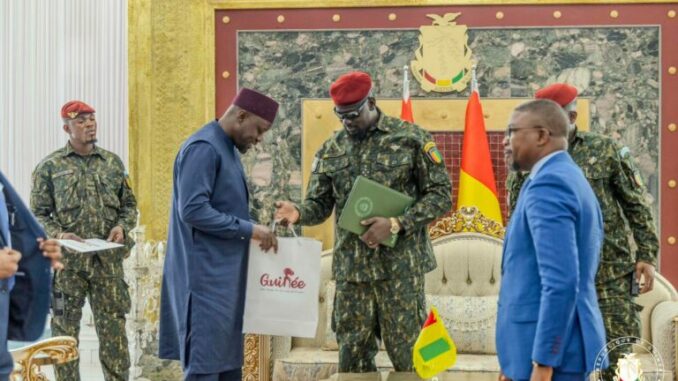
Facing the fiscal pressures of suspended international support, Senegal is pivoting toward a bold path of economic sovereignty by intensifying domestic tax compliance.
Prime Minister Ousmane Sonko revealed the country’s intention to reclaim financial independence by increasing internal revenue mobilization instead of depending on annual disbursements from the International Monetary Fund (IMF). The move follows revelations of misreported debt and deficit figures, which led to the freezing of a $1.8 billion IMF support programme.
Addressing the Senegalese diaspora in Guinea on June 2, Sonko emphasized that development rooted in self-sufficiency is not only possible but necessary. “Senegal is still standing,” he declared, rejecting the notion of perpetual foreign financial aid. Instead of raising tax rates, the government will focus on ensuring that all citizens contribute their fair share — a fiscal restructuring designed to reinforce budgetary discipline while avoiding economic hardship for the average Senegalese.
Despite rising scrutiny over opaque borrowing practices, including a controversial $708 million regional bond in April, Sonko’s administration is framing this chapter as a turning point toward transparency and accountability. Senegal’s sovereign bonds have suffered this year, reflecting investor uncertainty, but the government is banking on long-term trust through improved debt clarity and domestic fiscal reforms. As calls for greater debt transparency echo from both local opposition and international markets, the country seeks to balance ambition with responsibility.
